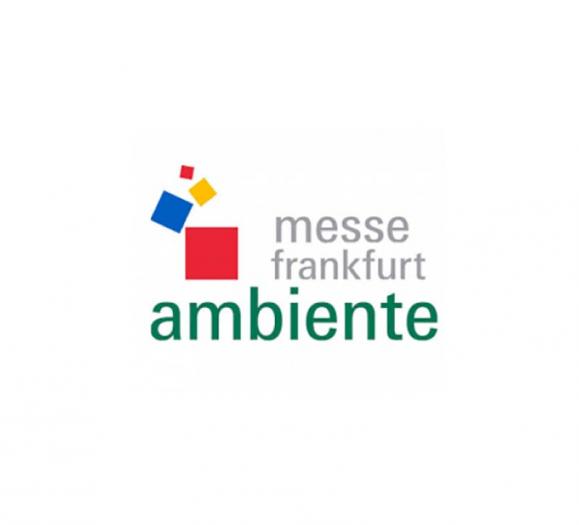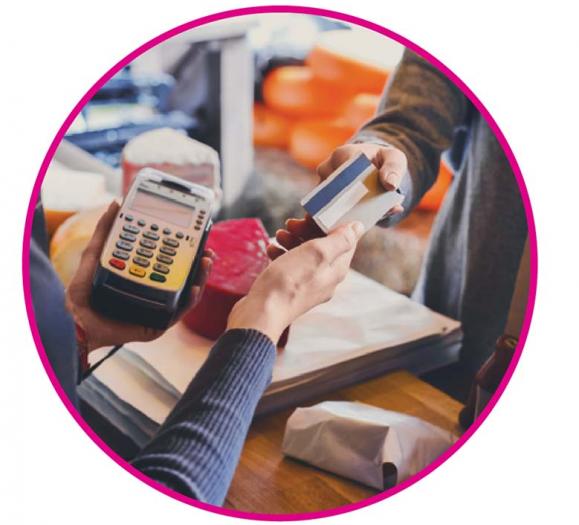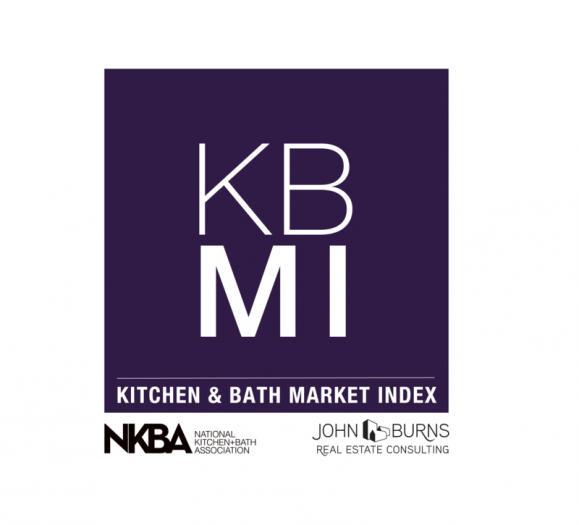A new survey of the gift, home furnishings and apparel industries commissioned by International Market Centers (IMC) reveals that, while the COVID-19 crisis has significantly impacted all retail sales across the United States, store owners and operators are looking toward re-opening and recovery and expressing a near-term need for new product. Survey respondents also reported an intention to source product at physical markets provided reasonable safety protocols are implemented and indicated that digital tools will likely play an important role as a complement to in-person markets during the recovery period. An executive summary is available online at https://www.imcenters.com/wp-content/uploads/2020/05/Stax_IMC_Whitepaper_vF.pdf.
“Recovery is something that we must approach together as an industry. We are thankful to our retail and design communities for participating in this survey and sharing details about their businesses, attitudes and preferences so we can better plan for the future,” said Bob Maricich, IMC CEO. “We have used this data to inform our decisions about timing and format for our markets and hope that this information can help the entire industry begin the process of recovery.”
Survey Methodology & Key Take-Aways
IMC engaged Stax Inc., an experienced global strategy consulting firm, to provide a real-time representation of retail buyers’ perspectives during the COVID-19 crisis. In April 2020, Stax sent surveys to 180,000+ retailers and designers who have attended markets in Atlanta, High Point and Las Vegas in the past two years. Results of the buyer survey, which were statistically significant across industry, geography and sales channel, were consistent with supplier responses to a subsequent survey sent to 6,000+ IMC tenants and exhibitors.
“As with navigating many of the challenges presented by the pandemic, data and information is key to empowering decisions,” said Paul Edwards, Stax Inc. Managing Director. “We have been pleased to support IMC in providing valuable industry leadership during these unprecedented times.”
The survey yielded four key take-aways:
- COVID-19’s business impact has forced a variety of cost-cutting measures and prompted additional promotional activities;
- Most retailers expect to need inventory in the near-term (30-60 days) with a focus on core products and vendors;
- In-person markets remain critical for both buyers and sellers with comfort levels related to travel and market attendance increasing with both time and new protective measures;
- Digital tools will play an increasingly important role as a complement to in-person markets during recovery.
Impact of COVID-19 on Retail Buyers
As of April 30, approximately 70 percent of retailers reported that they were temporarily closed across a majority or all of their stores. While online sales have shown resilience, in-store sales have significantly declined, with apparel and gift retailers the hardest hit. Furniture retailers have been most effective at recouping lost in-store sales via online channels.
With the substantial decline in sales, some 80 percent of retailers have implemented at least one cost reduction measure and/or deployed at least one promotion. Additionally, 70–80 percent of respondents have applied for government funding, with most applying to the Paycheck Protection Program from the Small Business Administration.
Retail Buyer Outlook
Once they re-open, around half of retailers expect to require inventory within the first four weeks, with all respondents indicating that they plan to buy within 18 weeks of re-opening. Sixty four percent of retailers expect sourcing to focus on core and best-selling products from vendors with whom they have a pre-existing relationship. Selection of vendors also will be influenced by incentives (extended terms, free freight and discounts) as well as immediacy of product availability.
Markets and Mitigants
Some 43 percent of respondents are expected to attend a market this summer. An additional 10-15 percent may be influenced to attend if risk mitigants overcome sensitivities. Retailers indicated that their comfort levels in attending an in-person market and participating in market activities will increase over time and with the rollout of appropriate safety measures. The protective measures that will most increase their likelihood to attend in-person markets are sanitizer stations, enforced social distancing, showroom density limitations and mask requirements.
Reasons cited by those planning not to attend included lack of comfort attending a market given the virus, limited budgets for travel and business closures.
Role of In-Person Markets and Digital Marketplaces
Despite a reduced level of comfort attending in the near-term, the survey was clear that physical markets are critical for retailers across all product categories. Digital tools, however, will likely play an important role as a complement to in-person markets as roughly half of retailers leverage them for sourcing or purchasing product today with that number expected to increase post-recovery.
“We encourage all of the entities involved in our markets to dig into this information,” adds Maricich. “For manufacturers and sales organizations, it will help them understand today’s buying environment and how to prepare to host their customers at markets this year. For retailers and designers, this data shows that they are not alone in their current, difficult situations. For the vendors, hotels, transportation providers and logistic managers who participate in our markets, it sets expectations for markets for the remainder of the year. Together, with the right preparation, we can overcome this challenging time together.”
IMC Response to Survey
Guided by data from the survey, as well as local and state guidelines for reopening, IMC has updated its summer market dates and formats and shifted all at-market seminars and programming onto digital market channels in the near term. IMC also has introduced rigorous new health and safety mitigants for its campuses in Atlanta, High Point and Las Vegas.
The dates for summer markets are as follows:
Atlanta:
- June Atlanta Apparel remains June 10-13, 2020 with permanent apparel showrooms open but without the usual presentation of temporary exhibits.
- World of Prom remains August 3-7, 2020.
- August Atlanta Apparel remains August 4-8, 2020, but temporaries will shift one day earlier to run August 4-6, 2020.
- Atlanta Market moves to August 13-18, 2020 and becomes the first fully-open market of the summer trade show season.
Las Vegas:
- Las Vegas Market moves to August 30-September 3, 2020. The Summer 2020 Las Vegas Market marks the debut of the new Expo at World Market Center Las Vegas for temporary exhibits and offers the added benefit of running concurrently with the National Hardware Show, September 1- 3 at the Las Vegas Convention Center.
A series of new IMC protocols – outlined at TogetherSafely.com – include the required use of personal protective equipment (PPE), new pre-registration requirements to enable contactless market entry, temporal temperature monitoring, social distancing, occupancy control, hand sanitizing/cleansing and significantly enhanced housekeeping procedures for cleaning and disinfecting facilities. An extensive 30-page manual detailing new protocols and best practices is under review by licensed medical professionals and will be issued later this month for all attendees and exhibitors.
IMC’s new digital innovations division, IMC_di, will expand its development of digital tools to make product discovery more efficient, buying and selling relationships more omni-channel and IMC’s physical markets more effective. While the new tools are in development, and in response to business disruption caused this spring by COVID-19, IMC_di has expanded interim use of two existing technologies – ShopZio and Catalog Connexion – to facilitate digital commerce, product discovery and lead generation.







